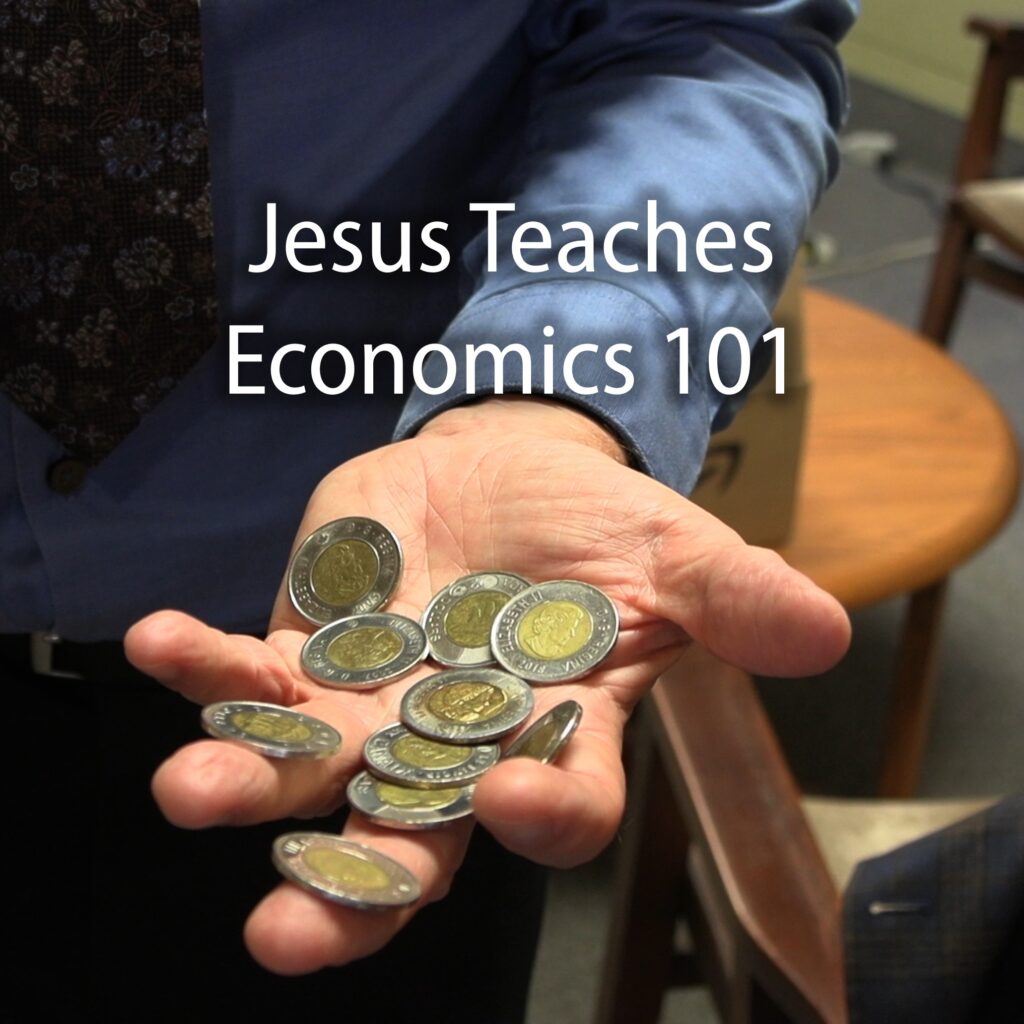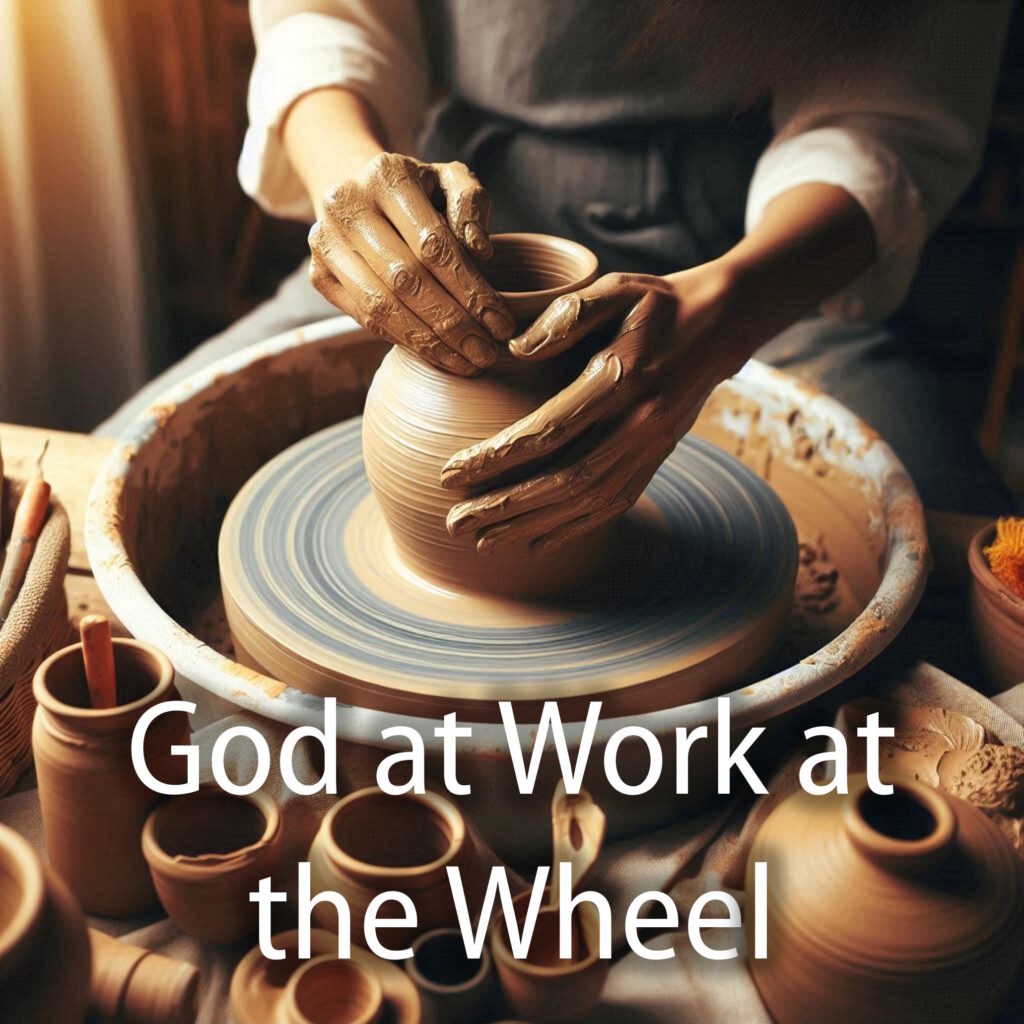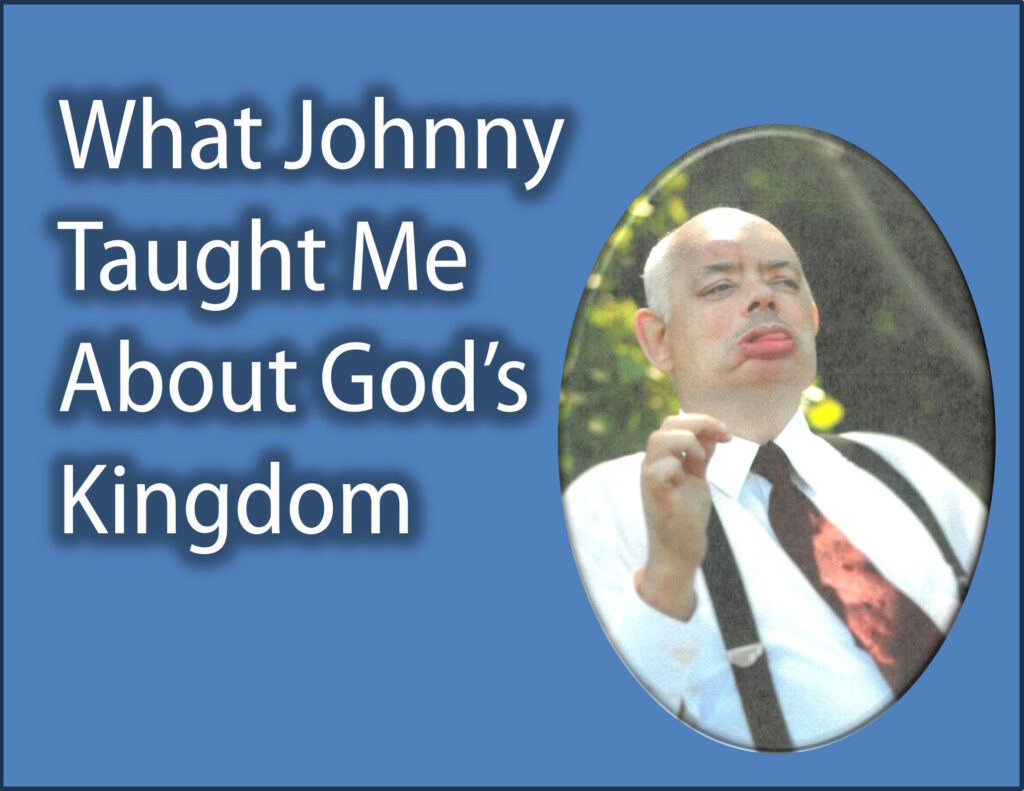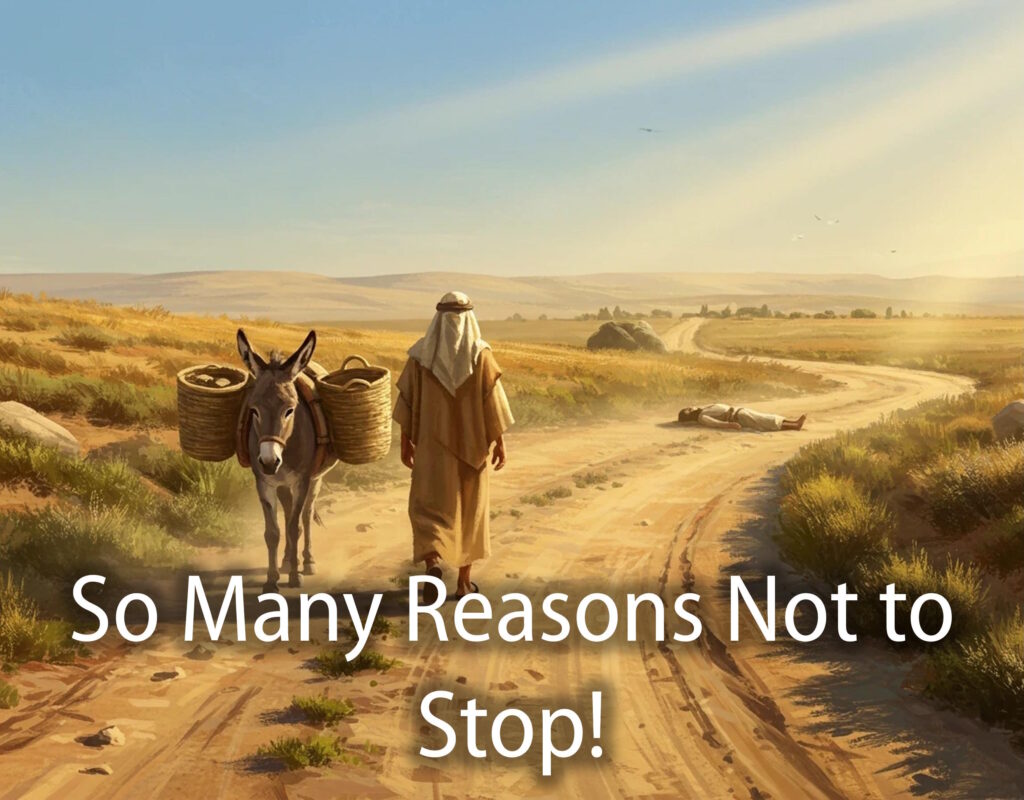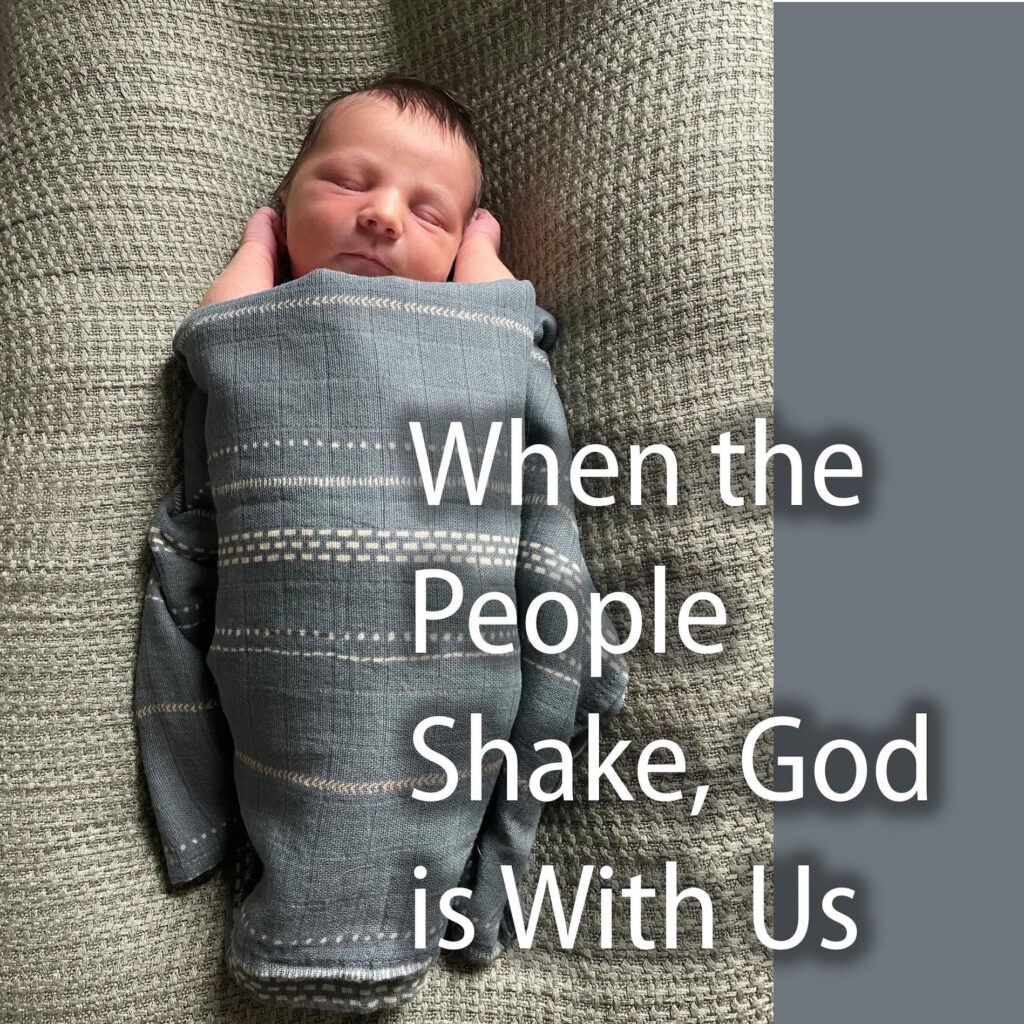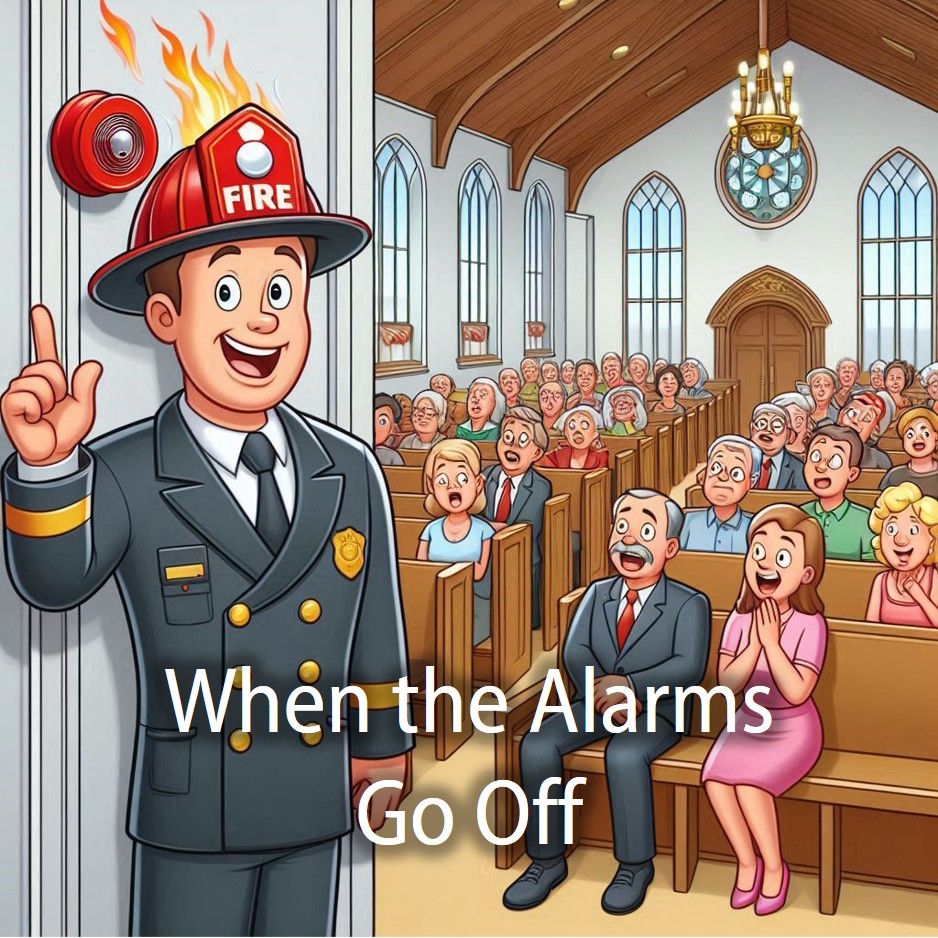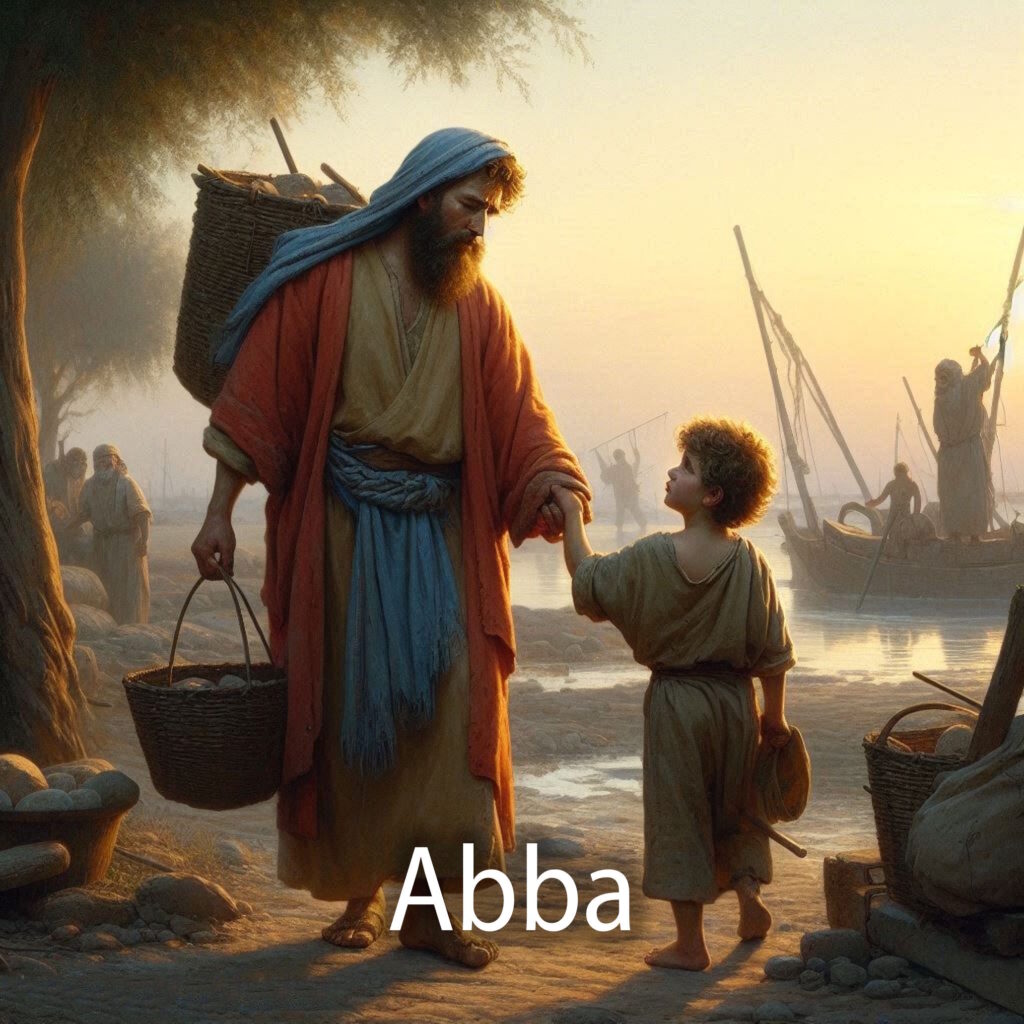Watch sermon video here:
Hespeler, September 21, 2025 © Scott McAndless – Fifteenth Sunday after Pentecost
Amos 8:4-7, Psalm 113, 1 Timothy 2:1-7, Luke 16:1-13
I am just going to go ahead and admit that I have a few problems with our reading this morning from the First Letter to Timothy. The problems are not with the text itself. Yes, I understand that there are all kinds of questions about who wrote this letter and that there are reasons for thinking that it wasn’t written by Paul.
But that is not my problem because this letter is in my Bible, and I committed a long time ago to accept the whole of Scripture as inspired by God. That doesn’t mean that I accept it all as factual or historically accurate. I believe that God can and does inspire all kinds of literature. And while some writings may communicate their truths with facts and data, others use less literal ways to get their truths across.
Not Ignoring Scripture
But what calling this letter scripture does mean to me is that I can’t just ignore it or pretend it isn’t there because I don’t like it. In fact, the more trouble I have with a piece of scripture, the more attention I need to pay to it. I believe that I am called to struggle with it and not let go of it until I can come to some sort of resolution. I have found that, when I do that, I always come to a deeper understanding of God’s truth.
But, like I say, I have some real struggles with the beginning of our reading from this particular letter.
Praying for Everyone
It starts out well enough. “First of all, then, I urge that supplications, prayers, intercessions, and thanksgivings be made for everyone.” That sounds just fine. We are asked here to be praying for everyone. And these are all such positive prayers. We are to pray for good things to happen for people, to be thankful for them.
Of course, such prayers are not always easy. There are always going to be people with whom we struggle to get along. There may even be people who hate us or do bad things to us, but Jesus did teach us to love our enemies and to pray for those who persecute us. It may be hard, but it is what we are called to do as Christians.
If the letter just left it there with a command to pray for everyone, I don’t think that I’d have a problem with it. But it doesn’t just leave it there. It goes on to be very specific about who to pray for and it makes some wild promises about what the outcomes will be.
Praying for Kings
Pray positive prayers, it says “for kings and all who are in high positions.” Okay, fine. I think that I can do that. In fact, I do pray for local, national and world leaders on a regular basis. Okay, maybe they are not always really positive. Like anybody, I do get upset, impatient and downright angry with the decisions of our leaders. There are times when I might secretly wish for God to smite a few of them. I am only human.
But overall, I do think that those who are in powerful positions can, because of those positions, do a lot of good for a lot of people. And if, whatever I might think of them personally, my positive prayers can nudge them in the right direction, I am willing to put in the prayer time on the chance that it might help.
Why We are to Pray
But it is the next part that gives me a real problem. We are to do all of this while looking for a very specific outcome. We pray for them, it says, “so that we may lead a quiet and peaceable life in all godliness and dignity.”
Now, think for a moment what that is promising. It is saying that if we are just really nice to powerful people, they will leave us alone and let us live our lives in peace. It is saying that if we let them know that we’re praying for them and wishing good things for them, they’ll let us live out our faith with dignity.
It is certainly a nice thought. Wouldn’t it just be nice to think that our expressions of goodwill to the people who have enough power to destroy us and make our lives miserable will always be rewarded by them treating us exactly as we would like? But how practical is that really?
Christians and Roman Power
This letter was written at a time when Christians were a small and powerless minority within the Roman Empire. And the majority in many places looked upon the Christians with a great deal of suspicion. They were suspect, in particular, because they did not show the right kind of loyalty to the empire and to the emperor. Everyone else literally treated the emperor like a god and would even make sacrifices in temples dedicated to him. The Christians, of course, refused to acknowledge the emperor as a god. And so, they seemed to be dangerous traitors.
And so, when this letter was written, the meaning of this promise was clear. By offering to pray for the emperor and other officials, even though their faith meant that they couldn’t make sacrifices to them or treat them like gods, the church was trying to give the message that they were not troublemakers and didn’t mean to be disruptive. They hoped that the message would be loud and clear to the authorities who would just decide to leave the Christians alone.
But it didn’t work! The Roman authorities did sometimes benevolently ignore the Christians, but when it was convenient, they could be very handy as scapegoats. When Emperor Nero, for example, was trying to divert attention from accusations that he had been behind a devastating fire that destroyed the City of Rome, he tried to get out of it by saying that the Christians had done it. He rounded them up and coated some of them with pitch and burned them alive to provide lighting for his garden parties. “We may lead a quiet and peaceable life in all godliness and dignity” indeed!
Other Places It Didn’t Work
And Ancient Rome is hardly the only place where such an approach didn’t work. Christians living under Islamic rulers at various times through history attempted to live in such peace and pray for their rulers. Sometimes they were allowed to prosper, but certainly not always.
In Nazi Germany, a group of Christians known as the Confessing Church sought to peacefully coexist and yet adopt anti-racist practices. But their peacefulness did not prevent them from being targeted by the authorities.
And it is also not a strategy that I see working in modern times either. We are living through a moment that is seeing the rise of authoritarian leaders in many places. And we have seen many examples of people who try to escape the wrath of such leaders by being nice to them and doing what they want before they are ordered to.
They hope that this will mean that the authoritarian leaves them alone and doesn’t ask any more from them, but it tends to do the opposite. Having seen them already back down in anticipation, the authoritarian leaders only demand more from them. Being nice and doing what they want doesn’t get you peace and dignity.
Promised Outcome
But actually, that is not the only thing that this passage promises. It goes on to say, “This is right and acceptable before God our Saviour, who desires everyone to be saved and to come to the knowledge of the truth.”
And what that seems to be promising is not only that if we are nice and pray for powerful people, they will leave us in peace. Our very niceness will lead to the Gospel spreading to everyone everywhere and turning them all into Christians.
Now we could probably say a lot about Christian evangelism and its complicated history, but I think that it is pretty clear that successful evangelism has never just come down to being nice and praying for powerful people. If it did, the world might look very different today.
Is There More to This?
Like I said, I’m just trying to be honest here. There are the things that I have a hard time with when I read a passage like this one. But as I also said, that doesn’t mean that I’m going to give up on this passage. There has to be more going on in it than just a teaching that, if we go along with the powerful, we will get along.
And there is. There so much is because, we are not done here. The letter goes on, “For there is one God; there is also one mediator between God and humankind, Christ Jesus, himself human,who gave himself a ransom for all.”
The Gods of This World
And that puts a great big limitation on everything that has been said up until this point, doesn’t it? If there is only one God, what does that say to the emperor who made himself a god? If there is only one mediator between God and humankind, what does that say to the powerful oligarchs and techlords of this world – the telecoms and the social media powers of this world – who say that they get to control every form of communication and mediation.
Most of all, what does that say about all of those powers in this world that promise us that it is only through their power and strength that your salvation will come? They tell us to trust them as they give massive amounts of money to military contractors and weapons manufacturers whose priority is not to make peace but to generate profits for their investors. This and only this, they promise us, will make us able to live quiet and peaceable lives in all godliness and dignity.
Strength in Christ
And yet we believe that Jesus won salvation for us not through strength, but through willing weakness and sacrifice. He “gave himself a ransom for all.” That calls into question all of the violent powers of this world.
So, I see a clear rebellious streak in the approach advocated by this passage. Yes, let us tell the powerful of this world that we are praying for them. And indeed, we will pray for them in all sincerity knowing that they have the potential to create so much good.
But deep down, don’t we also know that we are praying to the one God who will not allow the powerful of this world to challenge God’s throne. We pray with confidence, therefore, that God will put them in their place and soon.
And we may pray for our techlords (who rule over us more effectively in many ways that our political leaders) too. We may even ask for them to be blessed, but we do it with an understanding that true blessing in this world does not come in the form of material wealth. If God is to truly bless them, could God not do that by taking their wealth away?
The Deeper Truth
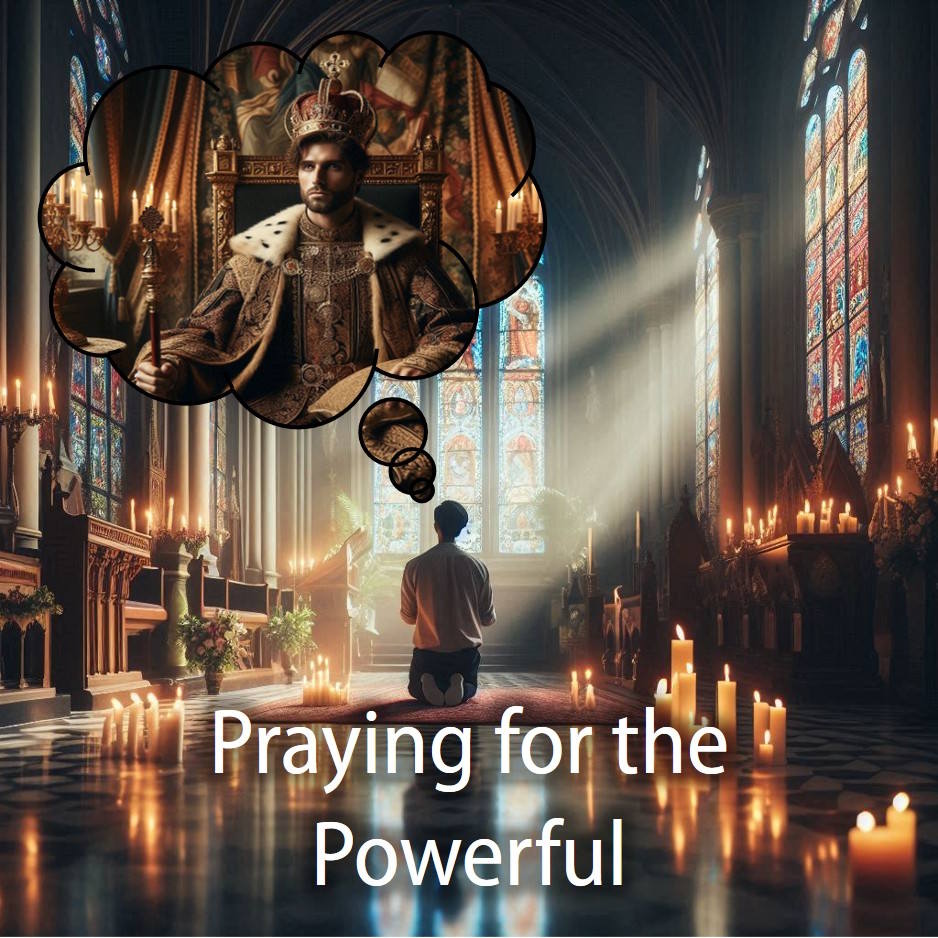
Yes, we can find ways to live in peace with the powerful in this world – even those who would use their power in authoritarian and destructive ways. Who has the stamina, after all, to fight with them at every turn.
But deep down we know the truth, don’t we? They are not gods. They are fallible. They will fail. We may work with them for a season. We can seek their blessing on the temporary basis – because that is the only blessing they will find. But let us never lose sight of those eternal truths and blessings that we will cling to.
To live as Christians in this world is to live with all kinds of contradictions. We must often find ways to live in peace with those who think themselves gods. We must live lives mediated through lines of communication that are controlled by powerful corporations and yet we know that there is only one mediator who matters. We live in a world often shaped by violence, but we have a Christ who saved us by giving up his life in sacrifice and weakness.
The Foundation of Peace and Dignity
And so, you know what? I think that in the end I appreciate this passage in 1 Timothy. It meets us right in the middle of the ambiguity that we live in in this world. Yes, we would like to “lead a quiet and peaceable life in all godliness and dignity.” And, sure, I am quite willing to pray for even evil overlords if that can help that to happen.
But let us never lose sight of the bigger picture. Our hope of peace and dignity will never be founded in the powers of this world. They are all, in God’s eyes, merely temporary.
